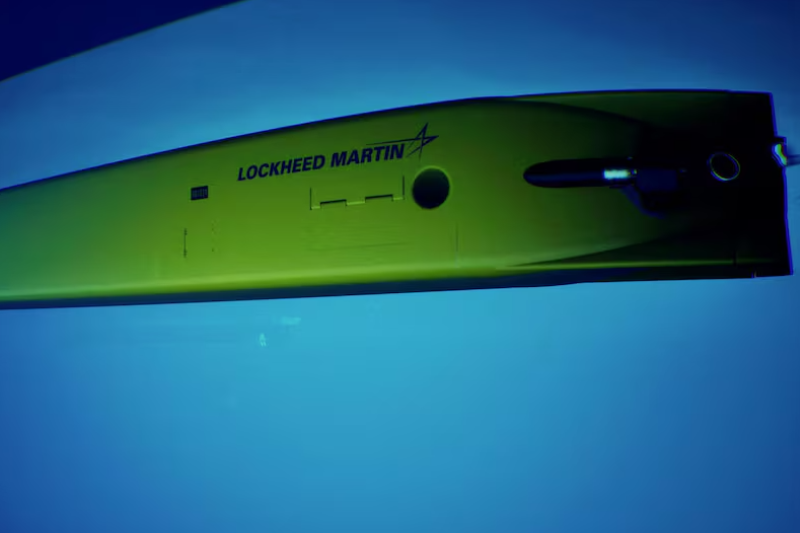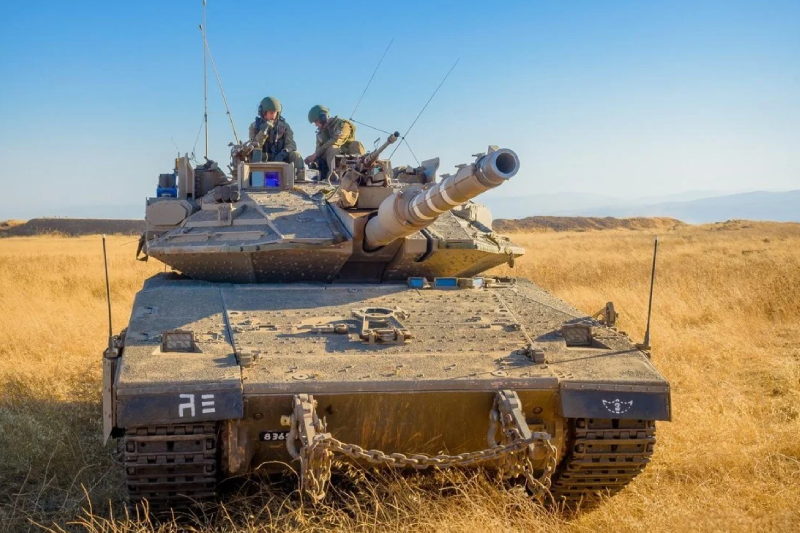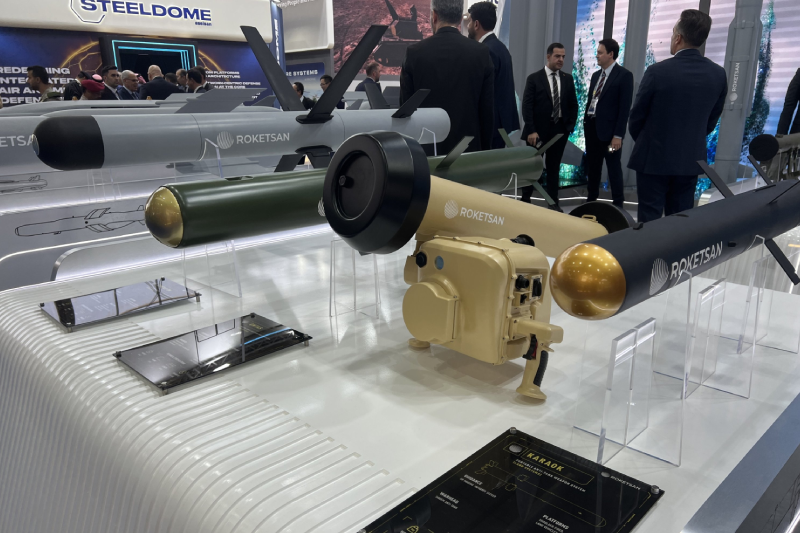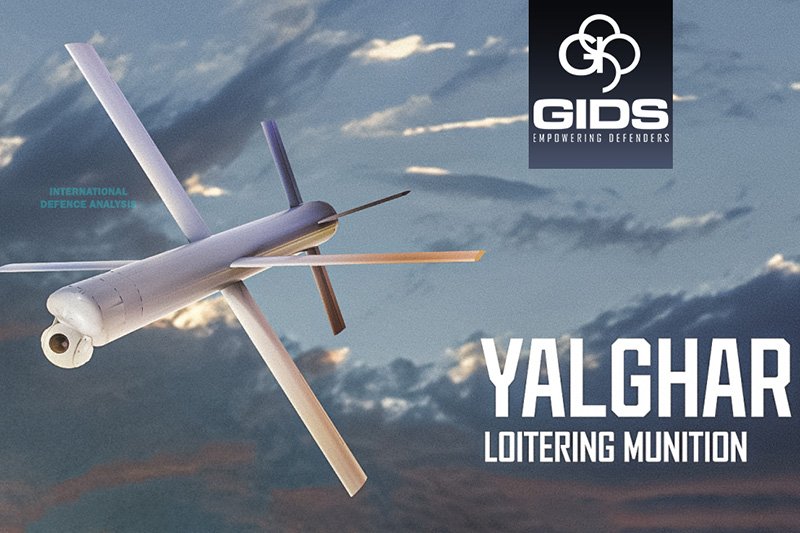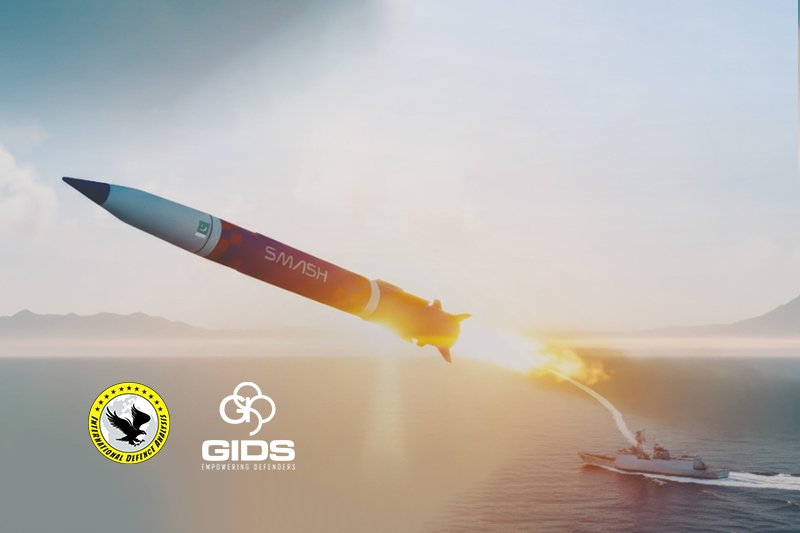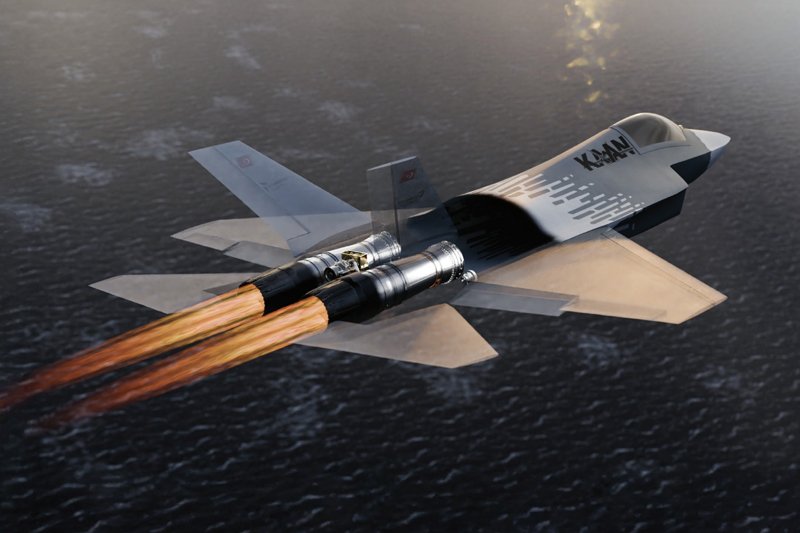Turkiye’s Set for Biggest Boeing, Lockheed Aircraft Deal
Turkiye is reportedly planning to purchase hundreds of Boeing aircraft and Lockheed Martin jets in a comprehensive defense and commercial aviation deal worth over $10 billion, according to Bloomberg News. This ambitious procurement program represents one of the largest Boeing aircraft acquisitions by a single nation and demonstrates Turkiye’s commitment to modernizing its commercial and military aviation capabilities. The extensive Boeing aircraft purchase, combined with Lockheed Martin military jets, positions Turkiye as a major customer for American aerospace manufacturers while strengthening bilateral defense cooperation between Ankara and Washington.
Multi-Billion Dollar Aviation Modernization Program
The comprehensive procurement package includes hundreds of Boeing commercial aircraft alongside Lockheed Martin military jets, with Turkiye seeking substantial local production agreements exceeding $10 billion in value. This ambitious program reflects Turkiye’s strategic approach to aviation modernization while creating significant opportunities for domestic aerospace industry development.
The deal structure emphasizes technology transfer and local manufacturing capabilities, ensuring Turkiye gains industrial benefits beyond aircraft acquisition. This approach aligns with Turkiye’s broader defense industry modernization strategy that prioritizes indigenous production capabilities and technological sovereignty.
Presidential Summit to Determine Deal Approval
The massive procurement deal requires approval from US President Donald Trump, with final negotiations scheduled during President Recep Tayyip Erdoğan’s White House meeting on Thursday. This high-level diplomatic engagement demonstrates the strategic importance both nations place on strengthening defense and commercial relationships.
Trump expects to conclude comprehensive trade and military agreements during the presidential meeting, including the large-scale Boeing aircraft purchase, major F-16 deal, and continuation of F-35 discussions with Turkiye. The presidential-level involvement underscores the deal’s significance for both countries’ strategic interests and bilateral cooperation.
F-35 Program Discussions Resume
President Erdoğan confirmed Monday that Turkiye will negotiate F-35 fighter jet acquisition during his Washington meeting with Trump. Turkiye’s potential return to the F-35 program represents a significant development after its 2019 suspension due to S-400 missile system procurement from Russia.
During a Fox News appearance, Erdoğan expressed expectations that the United States will address both F-35 and F-16 issues, including production and maintenance capabilities. This diplomatic opening suggests potential resolution of longstanding disputes that have complicated Turkish-American defense cooperation.
Historical Context of Turkish-American Aviation Relations
The current procurement discussions occur against a backdrop of complex bilateral relations marked by both cooperation and tension. Erdoğan’s last White House visit occurred in 2019 during Trump’s first presidency, when both leaders maintained close personal relationships despite broader diplomatic challenges.
Previous tensions stemmed from Washington’s cooperation with YPG forces in Syria and Turkiye’s defense relationships with Russia. These disagreements culminated in Turkiye’s F-35 program suspension, creating the current opportunity for renewed cooperation and program restoration.
S-400 System Impact on Defense Cooperation
Turkiye’s 2019 acquisition of Russia’s S-400 missile defense system triggered its suspension from the multinational F-35 program, with the U.S. citing security concerns about Russian technology accessing advanced fighter aircraft systems. Washington argued that S-400 radars could compromise F-35 stealth capabilities and operational security.
Turkiye consistently maintained that no technical conflicts exist between S-400 and F-35 systems, proposing joint technical commissions to study potential integration issues. This diplomatic approach demonstrates Turkiye’s commitment to maintaining both defense relationships while addressing American security concerns.
F-16 Deal as Program Alternative
Following F-35 program suspension, Turkiye negotiated alternative F-16 fighter jet procurement to modernize its air force capabilities. The F-16 deal provides immediate capability enhancement while maintaining interoperability with NATO alliance partners and American defense systems.
The F-16 program includes not only aircraft acquisition but also production, maintenance, and upgrade capabilities that support Turkiye’s domestic defense industry development. This comprehensive approach ensures long-term operational sustainability and technological advancement.
Commercial Aviation Market Expansion
The Boeing commercial aircraft component of the deal addresses Turkiye’s expanding aviation market and tourism industry requirements. Hundreds of Boeing aircraft would significantly enhance Turkish airlines’ fleet capabilities while supporting the nation’s position as a major aviation hub connecting Europe, Asia, and Africa.
This commercial aircraft procurement supports Turkiye’s ambitious aviation infrastructure development plans, including Istanbul Airport’s emergence as a global aviation center. The Boeing fleet expansion provides operational flexibility and capacity growth for Turkish carriers’ international route expansion.
Defense Industry Localization Strategy
Turkiye’s emphasis on local production agreements exceeding $10 billion demonstrates its commitment to defense industry localization and technological independence. This approach creates domestic manufacturing capabilities while reducing dependence on foreign suppliers for critical defense systems.
The localization strategy includes technology transfer requirements that enable Turkish companies to participate in aircraft production, maintenance, and upgrade programs. This industrial cooperation model supports long-term defense industry sustainability and export potential development.
Strategic Partnership Implications
The comprehensive aircraft procurement program represents broader strategic partnership development between Turkiye and the United States in defense and commercial aviation sectors. Successful deal completion would demonstrate renewed cooperation after years of diplomatic tensions and defense relationship complications.
This partnership model could serve as a template for future defense cooperation initiatives while addressing both nations’ strategic interests. The deal’s success would strengthen NATO alliance relationships and regional security cooperation in the Eastern Mediterranean and Middle East regions.
Economic Impact and Job Creation
The multi-billion dollar procurement program will generate significant economic impact in both Turkiye and the United States through direct purchases, local production agreements, and long-term maintenance contracts. The deal creates substantial employment opportunities in aerospace manufacturing, maintenance, and support services.
Local production components ensure that Turkish workers and companies participate directly in aircraft manufacturing processes, creating lasting industrial capabilities and technical expertise. This economic dimension strengthens the political sustainability of bilateral defense cooperation.
Also read this: Türkiye’s SANCAR Armed USV Completes Acceptance Tests
Regional Security Enhancement
Turkiye’s aviation capability modernization through Boeing and Lockheed Martin aircraft procurement enhances regional security and stability in critical areas including the Eastern Mediterranean, Black Sea, and Middle East regions. Advanced aircraft capabilities enable Turkiye to contribute more effectively to NATO missions and regional security operations.
The enhanced capabilities support Turkiye’s role as a strategic NATO ally while providing deterrent effects against regional threats. Modern aircraft systems ensure interoperability with alliance partners and contribute to collective defense effectiveness.
Future Cooperation Prospects
Successful completion of the Boeing and Lockheed Martin procurement program could establish foundations for expanded defense cooperation including next-generation aircraft programs, advanced technology sharing, and joint development initiatives. This cooperation model supports both nations’ long-term strategic interests while strengthening alliance relationships.
The deal’s success would likely encourage additional cooperation in emerging defense technologies including unmanned systems, cyber warfare capabilities, and space-based defense systems that define future military competition and alliance cooperation requirements.
Keep connected with us at Facebook, Twitter, YouTube, Instagram & TikTok for latest defense happening around the globe.
Discover more from International Defence Analysis
Subscribe to get the latest posts sent to your email.



